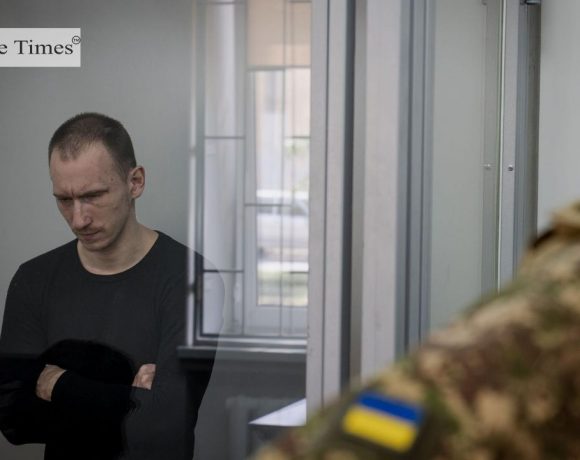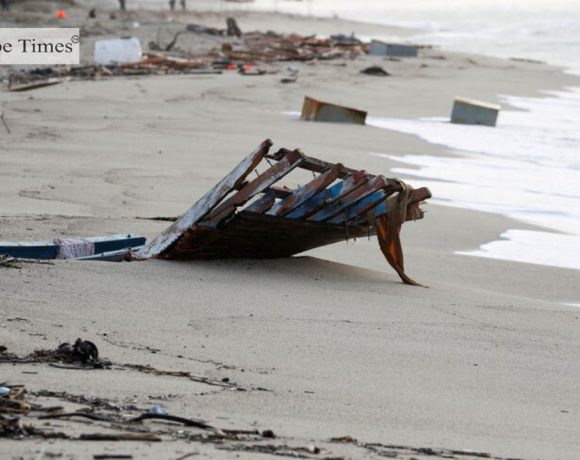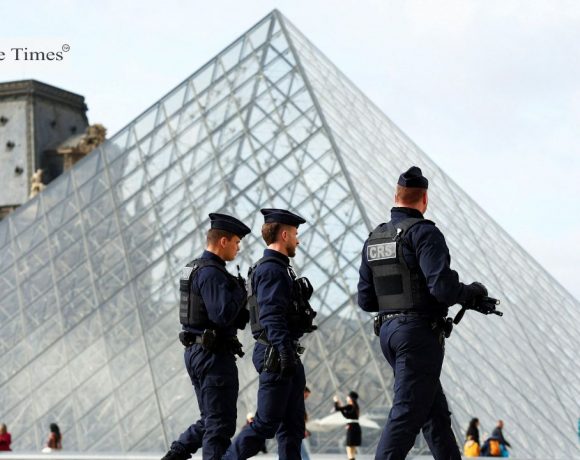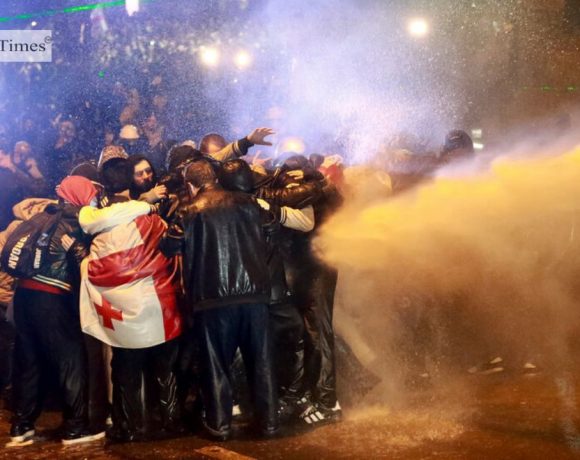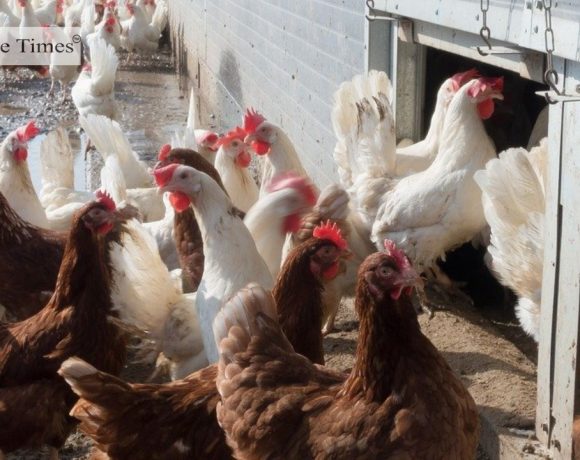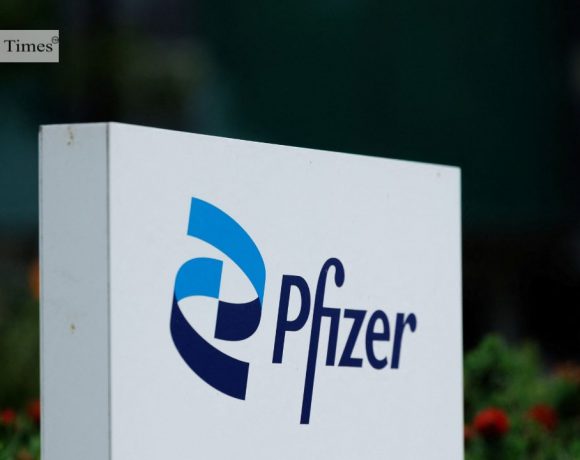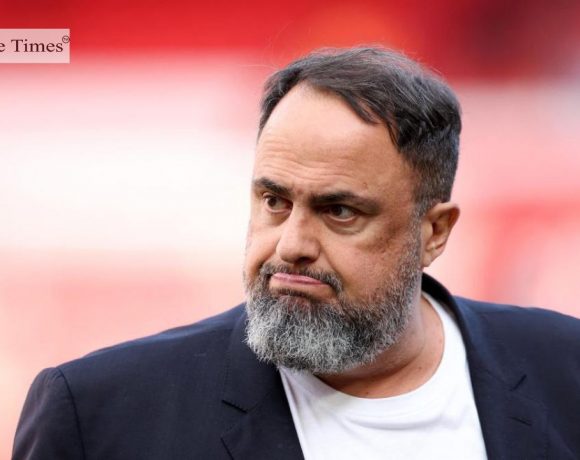
A concert by the Israel Philharmonic Orchestra in Paris was disrupted multiple times on Thursday night when protesters set off flares in the auditorium. Four people were detained after clashes broke out in the Pierre Boulez hall, forcing the performance led by conductor Lahav Shani and pianist Sir Andras Schiff to be temporarily halted due to smoke and commotion.
The event had already faced criticism from a French performing arts union and calls for a boycott by pro-Palestinian activists. While French ministers condemned the disturbances and defended artistic freedom, some political voices argued the protest was justified due to their opposition to the Israeli state.
Despite the chaos, the venue confirmed the troublemakers were removed and legal action will follow. The concert eventually resumed and concluded peacefully, with authorities stressing that violence and threats to public safety have no place in cultural spaces.
Pic Courtesy: google/ images are subject to copyright

